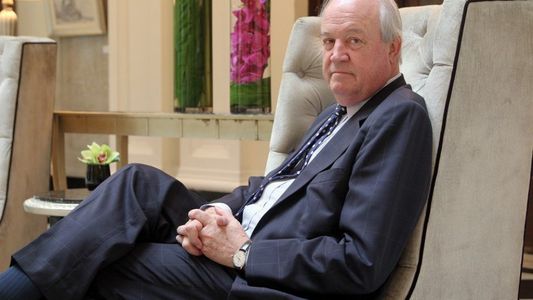Heine on Why Ecuador Turned to China, Not the U.S
Ambassador Jorge Heine’s article was published by Responsible Statecraft on September 4, 2025. Check out the full article here.

Throughout the article, Heine highlights Ecuador’s heavy reliance on China — the country’s top source of foreign direct investment in 2024. With Ecuador facing large foreign-debt burdens, oil-price swings, and the need for hard currency, Chinese financing, trade, and infrastructure deals have filled a critical gap. By contrast, U.S. support has been limited and conditional. For example, a major U.S. loan required Ecuador to exclude Chinese telecom technology and privatize assets—terms that sparked controversy. Meanwhile, Ecuador proceeded to sign a free-trade agreement with China in May 2024 after Washington declined a similar deal.
Heine argues that U.S. efforts to block Chinese influence in Latin America have largely failed. China-Latin America trade hit a record $518 billion in 2024, and Chinese investment continues to expand—especially in technologies and green industries. For Ecuador, the choice to deepen ties with China reflects strategic realism: it needs reliable trade and investment now. For the U.S., the key question is not just how to counter China, but how to offer credible alternatives.
A former research professor at the Frederick S. Pardee School of Global Studies, Jorge Heine is a diplomat, international relations scholar, and lawyer. He has served as an ambassador of Chile to China, India, and South Africa. Heine has written over fifteen books, including The Non-Aligned World: Striking Out in an Era of Great Power Competition (2025), which provides insights on how the Global South can navigate the changing diplomatic landscape amid the U.S.-China rivalry.